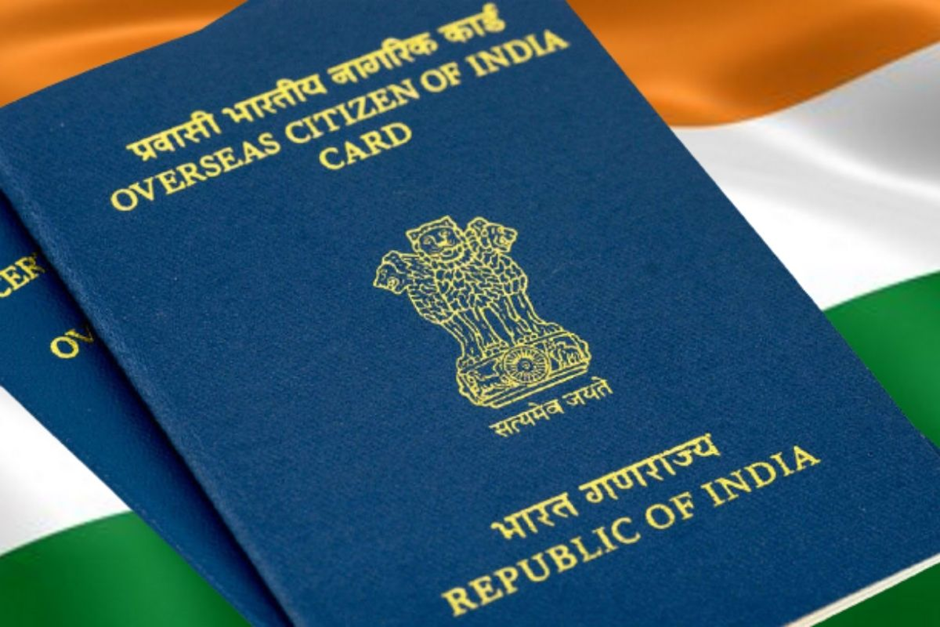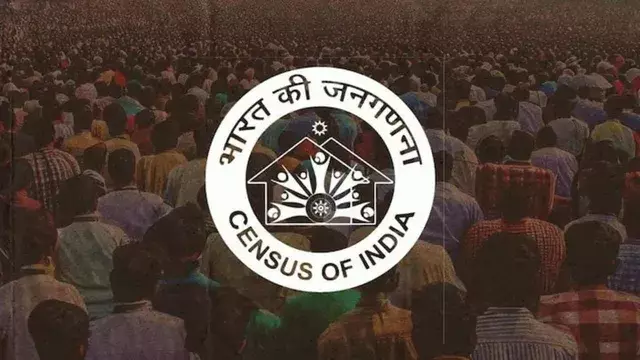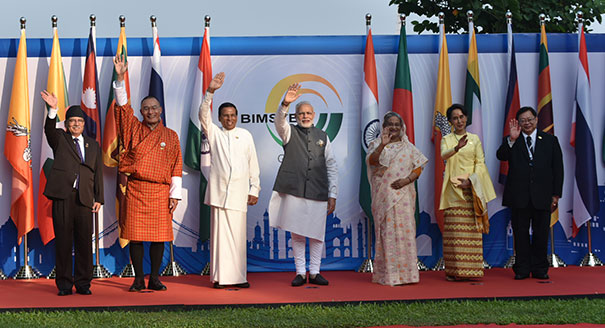- Courses
- GS Full Course 1 Year
- GS Full Course 2 Year
- GS Full Course 3 Year
- GS Full Course Till Selection
- Answer Alpha: Mains 2025 Mentorship
- MEP (Mains Enrichment Programme) Data, Facts
- Essay Target – 150+ Marks
- Online Program
- GS Recorded Course
- Polity
- Geography
- Economy
- Ancient, Medieval and Art & Culture AMAC
- Modern India, Post Independence & World History
- Environment
- Governance
- Science & Technology
- International Relations and Internal Security
- Disaster Management
- Ethics
- NCERT Current Affairs
- Indian Society and Social Issue
- NCERT- Science and Technology
- NCERT - Geography
- NCERT - Ancient History
- NCERT- World History
- NCERT Modern History
- CSAT
- 5 LAYERED ARJUNA Mentorship
- Public Administration Optional
- ABOUT US
- OUR TOPPERS
- TEST SERIES
- FREE STUDY MATERIAL
- VIDEOS
- CONTACT US
Overseas Citizen of India (OCI): Rights, Privileges, and Guidelines
Overseas Citizen of India (OCI): Rights, Privileges, and Guidelines

Introduction
Recently, the Indian Ministry of External Affairs addressed concerns raised by Overseas Citizens of India (OCI) regarding their classification as “foreigners.”
- It clarified that there have been no recent changes to OCI rules, and the existing regulations from a 2021 gazette notification remain in effect.
What is an OCI Card?
- The Overseas Citizen of India (OCI) card scheme was introduced in August 2005 to provide a form of registration for Persons of Indian Origin (PIOs).
- These individuals include those who were citizens of India on January 26, 1950, or who were eligible to become citizens of India on that date.
Key Features of the OCI Card:
- Visa Benefits: OCI card holders receive a multiple-entry, lifelong visa for visiting India, which allows them to stay without needing to register with local police.
- Demographics: As of 2023, there are over 45 lakh OCI card holders from 129 countries, with the United States having the highest number (over 16.8 lakh).
Initial Intent:
The original purpose of the OCI scheme was to introduce a form of dual citizenship for the Indian diaspora, providing rights comparable to Non-Resident Indians (NRIs) in most fields, except for acquiring agricultural or plantation properties.
Current Rules for OCI Holders
2021 Amendments:
On March 4, 2021, the Ministry of Home Affairs issued amendments to the OCI rules, which include:
- Permit Requirements: OCI holders must obtain special permissions to visit protected areas in India, similar to foreign nationals.
- Research and Activities: A special permit is required for research, missionary work, and journalistic activities in specified regions.
- Economic Parity: OCI card holders are treated on par with foreign nationals concerning economic, financial, and educational rights, reversing earlier rules that favored them as NRIs under the Foreign Exchange Management Act (FEMA).
Historical Context:
The 2021 notification replaced earlier notifications from 2005, 2007, and 2009 that outlined various rights for OCI holders, such as:
- Lifelong visas and exemption from registration for any length of stay.
- Parity with NRIs for inter-country adoption and domestic airfare.
Who is Not Eligible for an OCI Card?
Not everyone can apply for an OCI card. The following individuals are ineligible:
- Those whose parents or grandparents were citizens of Pakistan or Bangladesh.
- Foreign military personnel, whether active or retired, cannot obtain OCI status.
- The spouses of Indian citizens or OCI holders can apply, provided the marriage has been registered and lasted for at least two years.
Limitations for OCI Card Holders
While OCI card holders enjoy several privileges, there are important limitations:
- Voting Rights: They cannot vote in elections or hold any legislative or constitutional posts in India, such as President, Vice President, or judges of the Supreme Court or High Court.
- Government Employment: OCI card holders are generally not eligible for government jobs.
What is the Difference Between NRI, OCI & PIO?
|
Category |
Definition |
Benefits |
Limitations |
NRI (Non-Resident Indian) |
Indian citizen residing outside India for more than 183 days in a year for job, business, education, etc. |
Special overseas bank accountsReservation quota in Indian educationCan vote in elections (must be physically present)Income earned abroad not taxed in India |
Cannot purchase agricultural landIncome earned in India is taxable |
PIO (Person of Indian Origin) |
Foreign citizen of Indian origin, with ancestors who were Indian nationals, currently holding a foreign passport. |
PIO card serves as a visa for travel to IndiaCan work/study in India without a special visaFast immigration clearance180 days of continuous stay without registrationFinancial/economic benefits on par with NRIs |
PIO card valid for 15 years and must be renewedCannot hold government jobsCannot voteMust register after 180 days of stayCannot purchase agricultural land |
OCI (Overseas Citizen of India) |
Foreign citizen of Indian origin, providing an alternative for dual citizenship. |
Acts as a lifelong visa for entry to India Exemption from registration with FRRO Parity with NRIs in various fields Discounted fees for domestic travel, national parks, and museums Access to investment opportunities Work/study in India |
Cannot hold government jobs Cannot vote Requires special permission for research Cannot purchase agricultural land Some activities may require special permissions |
Conclusion
The OCI card provides significant benefits for Persons of Indian Origin, including lifelong visa access to India and various economic and educational privileges. However, certain restrictions and eligibility criteria must be considered. The recent clarifications by the Ministry of External Affairs underscore the importance of understanding the rights and limitations associated with OCI status, ensuring that OCI holders are informed and compliant with current regulations.
Must Check: Best IAS Coaching In Delhi
UPSC Prelims Result 2024 Out: Expected Cut Off & Other Details, UPSC Prelims 2024 Answer with Explanation, Daily Prelims Quiz, Daily Current Affairs, MONTHLY CURRENT AFFAIRS TOTAL (CAT) MAGAZINE, Best IAS Coaching Institute in Karol Bagh, Best IAS Coaching Institute in Delhi, Daily Mains Question Answer Practice, ENSURE IAS UPSC Toppers, UPSC Toppers Marksheet, Previous Year Interview Questions, UPSC Syllabus




